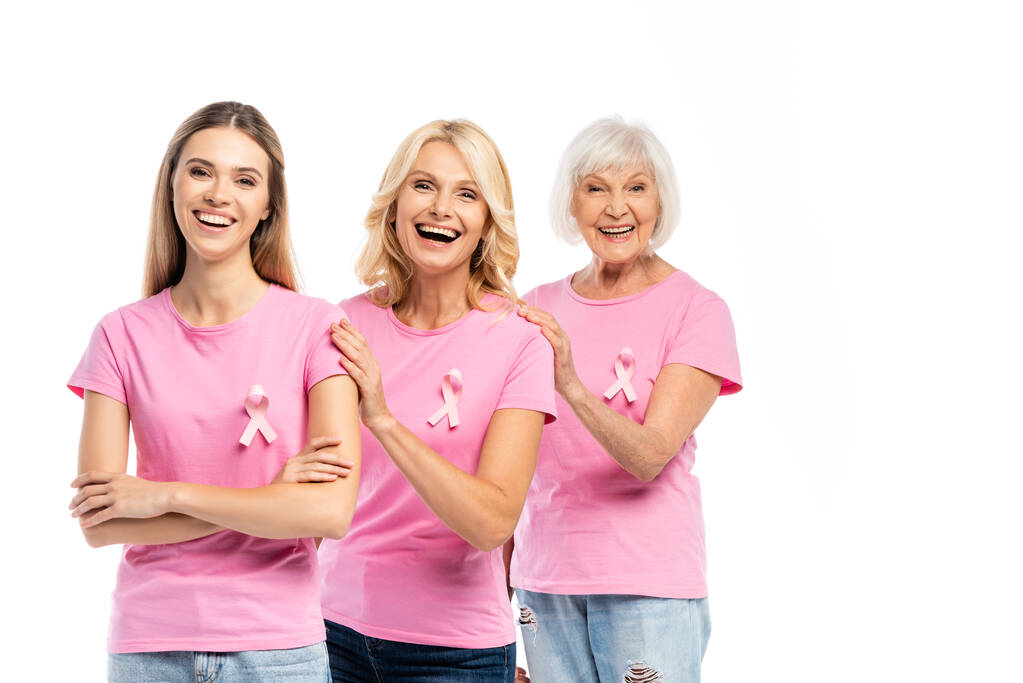
The seniors in our families are our history keepers and our most dependable source of advice and guidance. We know who to run to if you want to learn more about traditions. It is all smiles when they are in good shape and health, but when they are ailing, we can only sit and worry about their wellbeing.
Among seniors, illnesses such as breast cancer are prevalent, with most of the illnesses being diagnosed in women 65 years and above; the statistics can be pretty scary, but here are a few ways to keep our seniors healthy as long as possible.
Understanding Breast Cancer
Breast cancer is caused by cells growing out of control. It is the second most common form of cancer in women and is rare in men. With age comes an increase in the risk because the median age of risk for breast cancer is 62 years. It does not mean you cannot get the disease while younger, but this group is at a higher risk.
Breast cancer comes in different types and is usually detected through screening, which may be captured during a routine check or when the patient is experiencing symptoms that affect their day by day. It is usually detected late in seniors because some symptoms can be captured early through self-examination. For example, senior women might forget or fail to notice a lump in the breast or sunken nipples, thinking it is part of aging.
Mortality is said to increase with age because of the complexities in treatment that may compromise the patient’s overall health. The immunity in seniors, compared to younger individuals, is not as strong, posing a risk of adverse side effects of the medication and the treatment process.
How Does It Affect The Seniors
Whether detected in senior women or younger, breast cancer changes everyone and every family it touches. You might have seen how cancer treatment is tough on women, where treatment such as chemotherapy leads to hair loss and weaker immunity. Senior women are no exception; the treatment may cause more side effects and even higher mortality in this age group. Why? Breast Cancer treatments involve a balance in the care provided to ensure the patients get the recommended treatment doses while maintaining good quality of life. Lack of this balance may result in risky outcomes such as congestive cardiac failure and toxicity of cancer therapy. Immunity in the seniors is not as strong as it used to be, therefore, there is a risk of increased mortality during treatment.
Cancer therapy involves some aggressive forms of treatment which may impact the quality of life. When seniors are fighting a chronic disease, there might be situations where it becomes difficult to administer treatment. Lowering the treatment doses to reduce the risks may result in undertreatment and poor outcomes.
Most seniors are excluded from clinical trials, which has caused a lack of clear, evidence-based research on the best ways to treat cancer. Therefore, there is little knowledge of drugs that work in this age group and the toxicity of cancer therapy for them.
Prevention In Seniors
With our love for family, no one wants to watch them suffer. They say prevention is better than cure; in this case, prevention is incomparable to cure.
Screening
The first way to prevent breast cancer is through regular screening. Mammograms help detect cancer early and ensure the patient is treated before progressing to stages requiring more complex treatment methods.
Healthy Diet
A healthy diet will ensure seniors stay healthy and reduce the risk of breast cancer. Their meals should combine fruits, vegetables, proteins, whole grains, lean proteins, and low-fat dairy products. They should have limited or no processed foods and red meat. They should also quit smoking and drinking alcohol.
Physical Activity
In this age group, regular physical activity might be more challenging than it is in the younger generation. Physical exercise should come in short walks if they can still walk and help stretch their muscles when they cannot walk.
Risk Factors
Understanding our seniors’ risk factors can help us know how to prevent breast cancer. The common risk factors include family or personal history. If they have a history of a first-degree family member with breast cancer, such as their mother, sister, or daughter, this may increase their risk of cancer. It should prompt more screening schedules to ensure older adults are healthy and breast cancer is detected early enough when it is easier to treat. Other risk factors include inheriting specific gene changes that increase cancer risk.
Breast Cancer Treatment In Seniors Need
In most research cases, due to the vulnerability of the seniors, they are often excluded in most clinical trials. It has led to a lack of clear evidence-based research on cancer treatment in seniors, making the age group vulnerable. The medication and the therapy may be toxic, increasing their mortality even further. Therefore, there is a need for more research on cancer therapy in seniors.
Taking Care Of Our Loved Ones
Seniors are fragile when it comes to diseases. Even a simple fall could break a bone or make them never walk again. One of the critical goals of In-home care services is keeping them healthy. Preventive care such as regular breast cancer screening and nutritional diet monitoring is the best way to do this.
Wrap-up
With North Bay In-home care services, you get support from experienced caregivers who consistently track when your family member is due for a mammogram, track their nutritional diet, and even notice early signs.